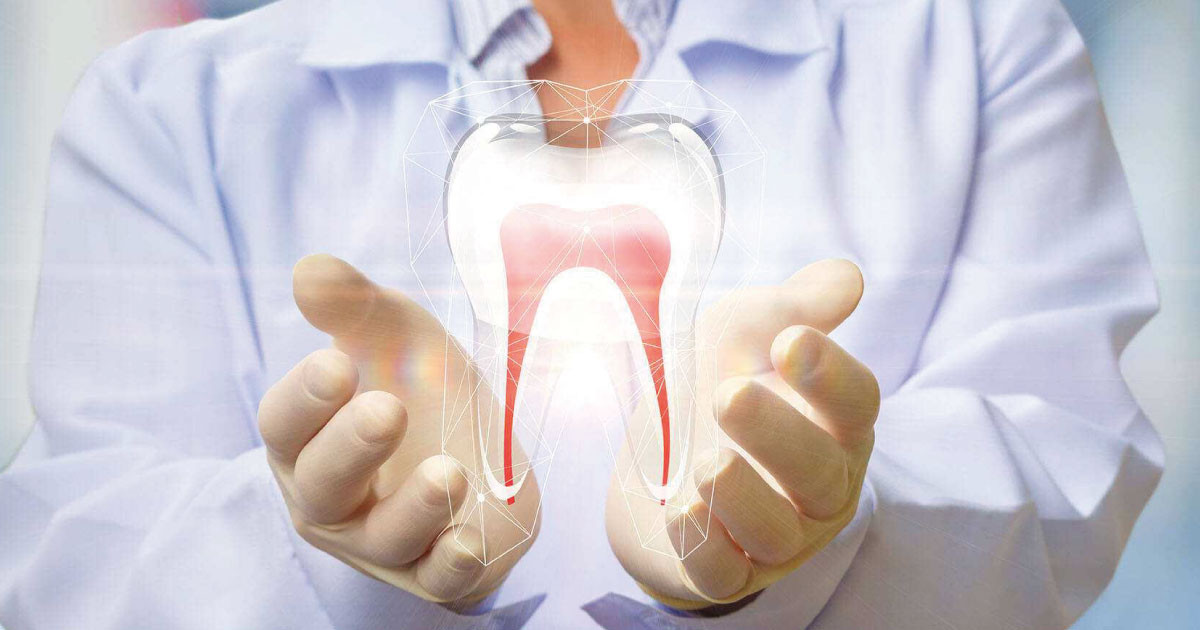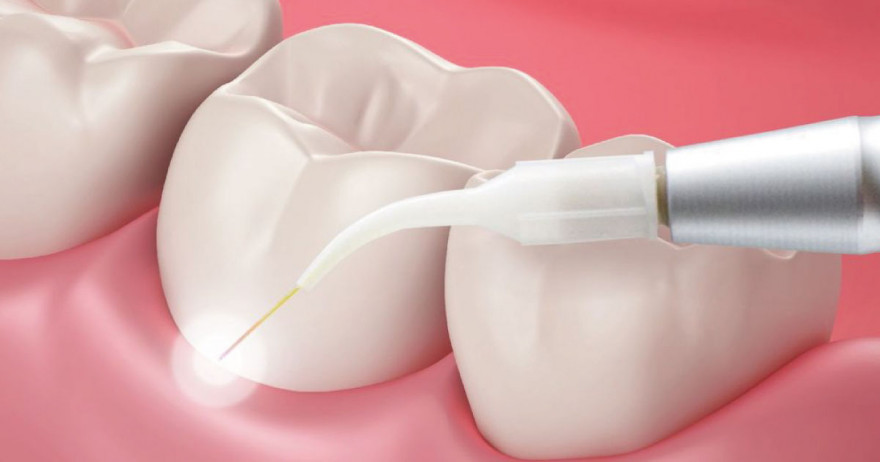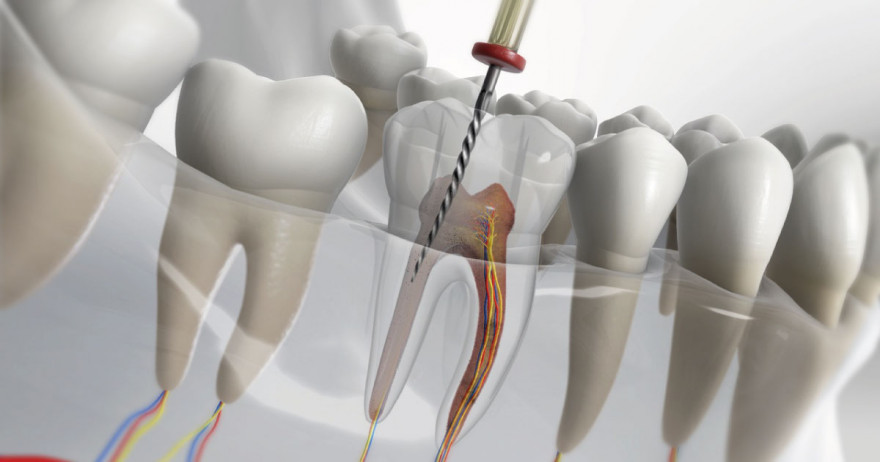Why root canal pain and how to avoid it
You know that a root canal infection of a tooth is very painful and can cause a lot of problems, here are some tips that may help you prevent it.
What's a Root Canal ?
It might surprise you to hear that around 15 million root canals are performed every year! With so many getting them, it's essential to learn what's a root canal and how you can avoid them.
A root canal is a treatment of the pulp of the tooth that is inflamed, infected, or dead. The dental pulp is a soft substance in the center of the tooth that consists of the nerve, blood vessels, and connective tissue. The pulp chamber is the hollow part in the center of the tooth that contains the pulp, and it continues down canals that extend through the roots of teeth and into the surrounding bone. Some roots have more than one root canal, but all have at least one canal.
How do You Know if You Need a Root Canal ?
Sometimes knowing if you require a root canal is like attempting to determine if you need a filling. It can be challenging during the early stages of a problem to understand if a better oral hygiene routine can resolve the issue or if dental work is needed. It is because only a trained dentist can determine the many signs.
Persistent Pain
Pain is one of the leading indicators that something is amiss with the root of your tooth. If you have difficulty doing normal activities like drinking or eating without sensing pain, you should consult your dentist as soon as you can.
Chipped Or Cracked Tooth
Your teeth may get chipped or cracked from consuming hard foods , playing contact sports, or when prior dental procedures go wrong.
Now, when a tooth becomes cracked or chipped, it may expose the nerves beneath the exterior of the tooth and point to an infection. When an infection is in a tooth's root, it can enter the bloodstream and spread.
If an infection is left untreated, it will require a root canal to prevent further infection and pain. If you are suffering from a cracked or chipped tooth, it is best to seek treatment early.
Sensitivity
Another typical sign that you may require a root canal is tooth sensitivity. If your tooth aches when you sip hot drinks such as coffee or tea, this is a clear warning sign and issue. What starts as a dull pain can quickly advance to piercing, intense pain.
Gum Area is Swollen
Swollen gums are an indication of problems beneath the gum. If your gums are sore and enlarged or have a raised bump on them, your dentist will check the swollen gums to detect if inflammation is the cause.
Dark Discoloration Of The Tooth
A discolored tooth can be caused by poor hygiene, exposure to food and drink that tarnishes tooth enamel, or because of nerve damage beneath the tooth's exterior. When nerve and blood vessel injury occurs, your dentist will set an appointment for a root canal to extract the damaged root.
Prolonged Sensitivity
If it is painful when you put stress on your tooth, and it lasts for weeks or months without change, there's a high possibility you will need a root canal. Prolonged tooth sensitivity is often caused by a damaged root. This won't get better on its own. To rid yourself of the pain for good and to keep the infection from spreading, only your dentist can help you.
Deep Tooth Decay
If deep decay has settled into the base of your tooth, no amount of brushing, flossing, or rinsing with mouth wash will resolve the issue. An infection may spread to the nerve and root of the tooth if a cavity is untreated for too long. In such this case, a root canal is the only option for repair. It must be done before the patient is fitted with a crown.
Pain After a Root Canal.
With pain after a root canal, it's essential to understand what's normal and what's not. Most people do feel a little sensitive or tender for a few days following a root canal. That's normal and there are a few reasons for this:
The tissue around the gums remains swollen or inflamed
Instrument damage to surrounding tissue
High temporary filling not smoothed out enough
Generally, the sensitivity and any pain from a root canal should dissipate after a couple of days. However, if it doesn't seem to be improving or if the pain is extreme or unrelieved by using over the counter medications or any prescription given by your dentist, it is essential to call the endodontist or dentist for a check-up.
Post Root Canal Care.
The healing time after a root canal procedure isn't what anyone would call fun, but it's important to follow your dentist's instructions regarding your aftercare. It will help to protect your sensitive, restored tooth. This includes thoughtful food selections throughout your recovery.
After your root canal wait until you regain normal feeling in your mouth before eating so you don’t end up biting your cheek or tongue. Don’t chew or bite down on the treated tooth until it is wholly restored by a dentist to avoid damaging it. Don't forget to brush and floss every day as you normally would to cleanse the area and avoid infection.
Choose foods that are soft and easy to chew, like the American Association of Endodontists (AAE) has recommended. It will ease your recovery and prevent any possible damage to your treated tooth.







